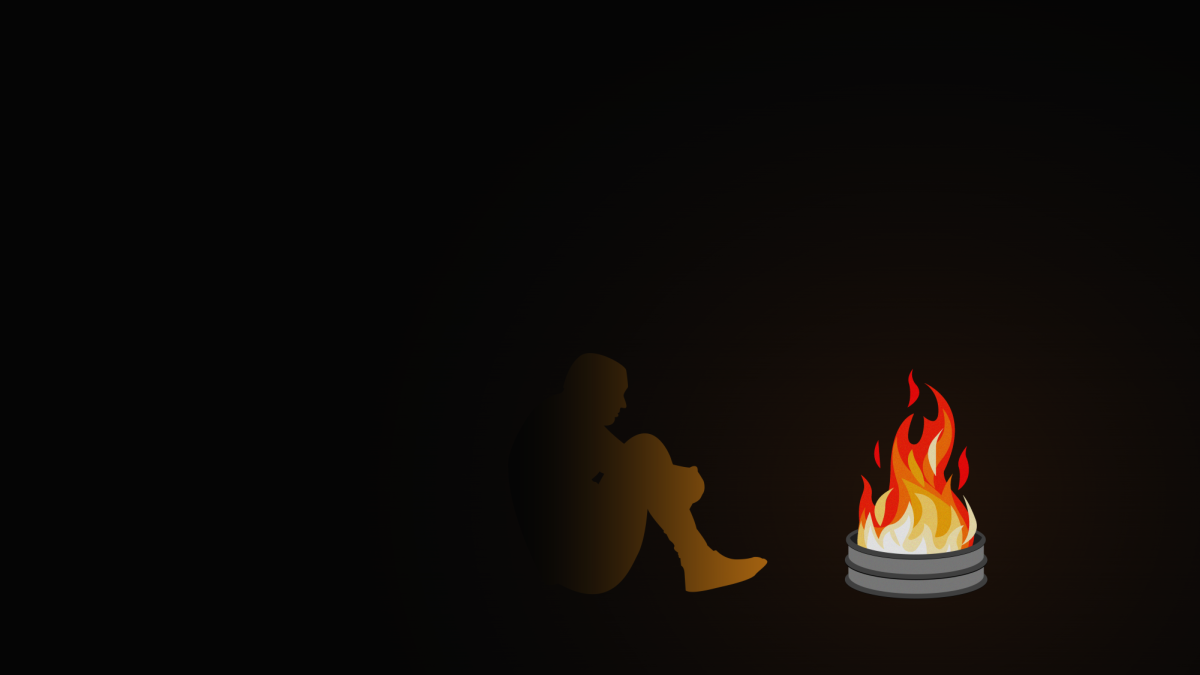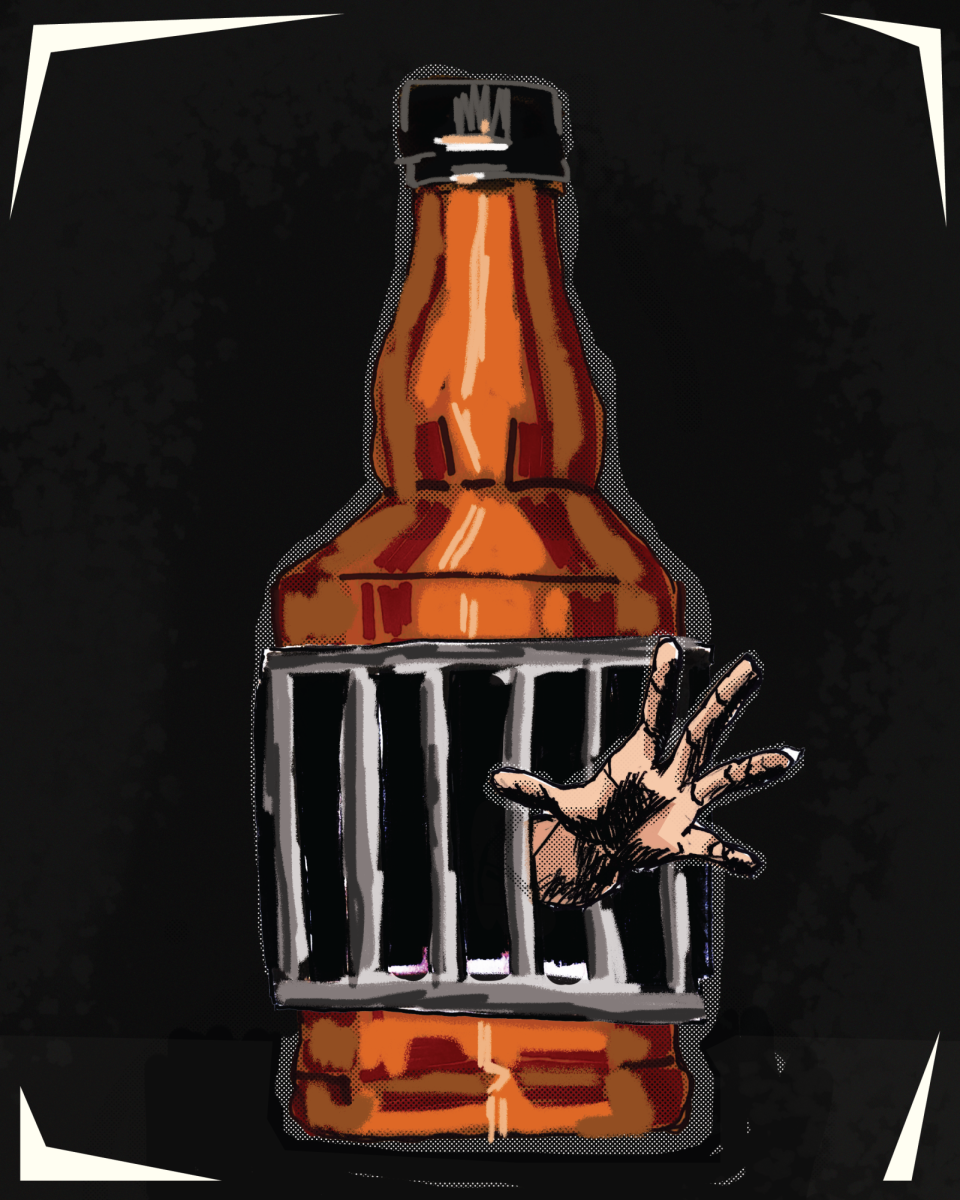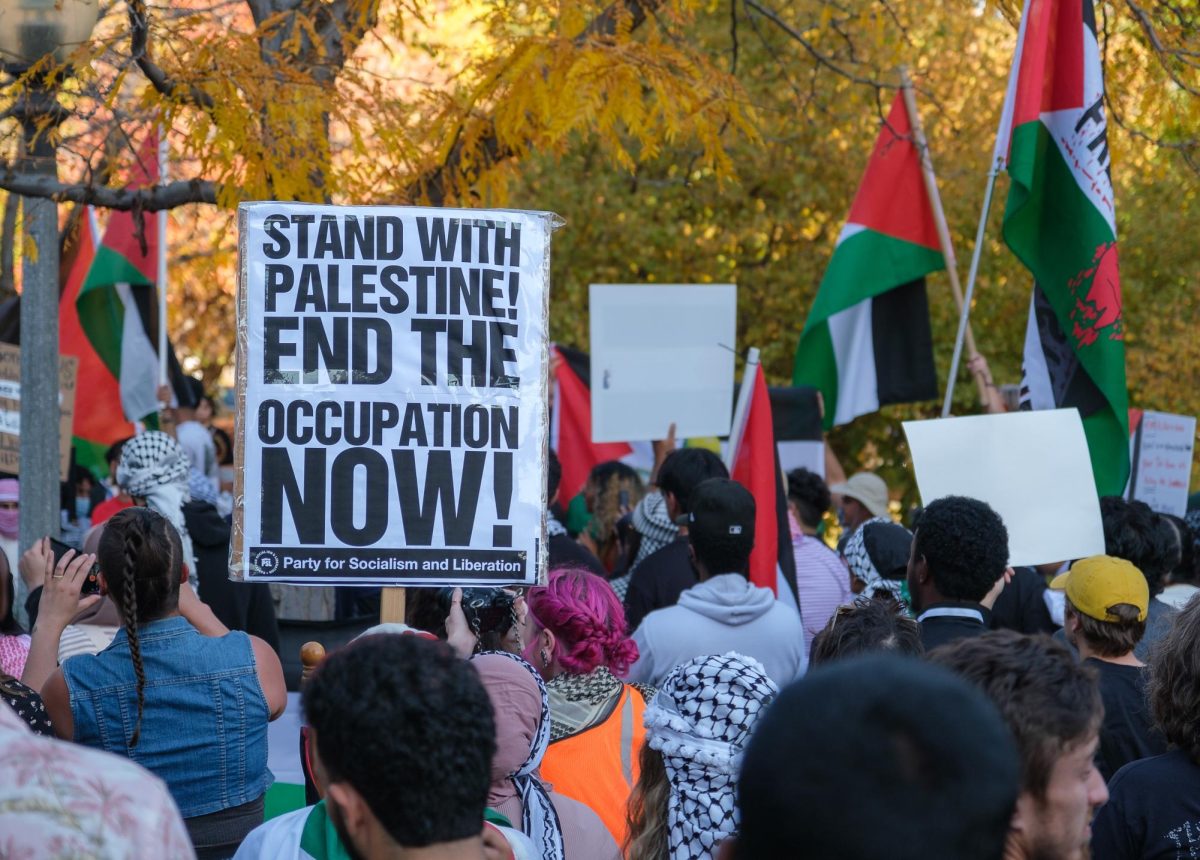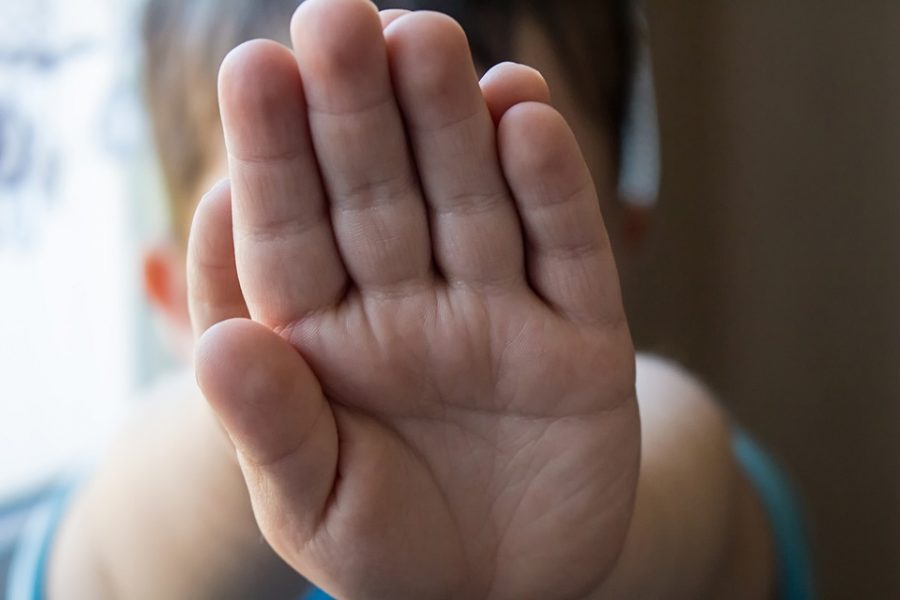Even in the wake of the #MeToo movement, there’s confusion among many of the adult women I know about exactly how to report sexual abuse. If we tell a doctor, does the doctor have to report it to the police? If they file a police report, does that mean we have to press charges? Even more upsettingly, I’ve seen women doubt the seriousness of the abuse they’ve suffered or try to minimize it in order to ease their own trauma, which sometimes protects their abusers.
This seems shocking on paper, but most survivors of sexual assault know their perpetrator — the Rape, Abuse, & Incest National Network (RAINN) reports that less than 20 percent of rapes are committed by strangers to the victim — and often those people are within the victim’s circle of trust. It is no surprise that many survivors never report their abuse. Unfortunately, this is especially true for children.
According to Prevent Child Abuse Utah (PCAU), “one in five children in Utah will be sexually abused before they turn 18,” and almost 90 percent of the adults who experienced sexual abuse as children say that they never reported it. This may be because so many victims know their abusers and might fear damaging relationships or inciting retaliation. As in cases of sexual violence against adult women, prior relationships with perpetrators can lead to confusion among juvenile victims about what has happened to them and, as mentioned above, a desire to protect the perpetrator from legal action or other consequences.
Given these painful realities, Utah’s failure to guarantee child abuse prevention education to every public school student in the state is unacceptable. While there is a 2014 law requiring that school districts and charter schools provide training on this topic to parents or guardians and school personnel, instruction for children is not mandated. Instead, the law states merely that educational institutions “may provide instruction on child sexual abuse prevention and awareness to elementary school students using age-appropriate curriculum.” With so many of Utah’s children suffering from sexual abuse alone — not to mention physical abuse, emotional abuse or neglect — this legislation is clearly insufficient.
Take the case of Sterling Van Wagenen, a prominent figure in Utah’s film industry who was recently sentenced to six years to life in prison for two counts of aggravated sexual assault towards a child. The now-teenage survivor of his abuse reported it earlier this year, though the two incidents took place between 2013 and 2015 when she was between seven and nine years old. Without direction on how to recognize sexual abuse or deal with it, few children at that age are able to understand why the way they have been touched is wrong, much less comprehend the extensive grooming and gaslighting that often accompanies it. And the best way to mitigate the lifelong impact of childhood sexual abuse is to address it early on — PCAU states on their website that “children who are abused and receive the support and help needed as soon as possible may not have any negative lasting effects” — so the gap that so often occurs between the abuse and the time it’s reported only exacerbates the victim’s trauma.
In other words, in-school, age-appropriate instruction on how to recognize, report and recover from abuse is essential to minimizing the emotional damage so many Utah children experience at the hands of adults in their lives. And in the face of this epidemic, it is the responsibility of our legislature to ensure that instruction takes place through policy and funding.
Despite resistance from those concerned about sex education and other issues, Utah lawmakers on both sides of the aisle should push for legislation requiring and funding child abuse prevention programming in every elementary, middle and high school in the state. Anything short of that equates to the abandonment of children who have suffered abuse without their understanding, without knowledge of how to respond, or without adults in their lives who believe and defend them. In a state famous for its family-oriented values and lifestyle, we must do better.
In the meantime, others of us can play a role in child abuse prevention and recovery. PCAU offers online courses on preventing child sexual abuse specifically for parents, teachers and teenagers, as well as several school and community based programs on topics ranging from internet safety to shaken baby syndrome. This is an incredible, free resource for anyone who interacts with children in any capacity.
If you’re aware of any unreported instances of child abuse in Utah, please call the Utah Child Abuse Hotline at (855) 323-3237. Additionally, the PCAU website lists contact information for local resources for children and families related to health and wellness, safety and support, and other areas. Utah also has a Rape Recovery Center with resources for primary and secondary survivors of rape and sexual assault. Their crisis line is reachable 24 hours a day at (801) 467-7273.


















